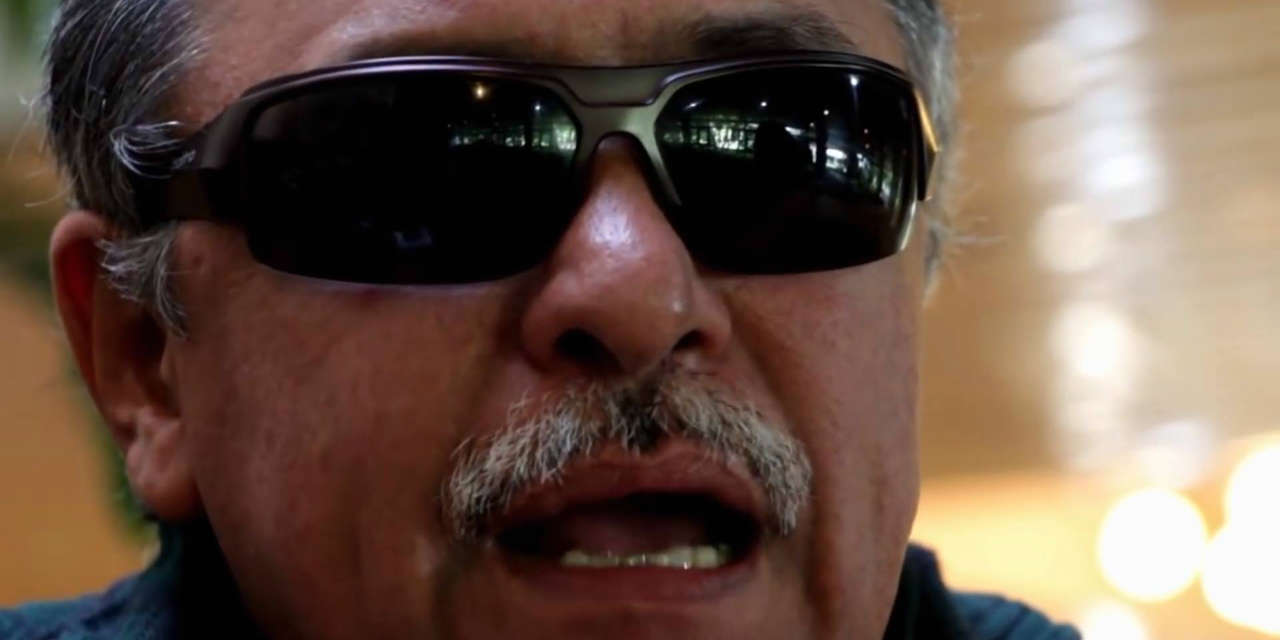The United States waited until the very last day to surrender alleged evidence that would support an extradition request for a demobilized FARC leader.
US authorities requested the arrest of the demobilized guerrillas’ former ideological chief on April 9 already, but waited for the very last day of the 60-day limit to surrender evidence that would support their claim Seuxis Hernandez, a.k.a. “Jesus Santrich,” was involved in a drug deal.
The formal extradition request — a requisite for war crimes tribunal JEP to be able to restart the suspended extradition procedure — was surrendered to Colombia’s judicial authorities extraordinarily late; on the very last day before the legal deadline.
No Mexican narcos, no drugs and no real money
The DEA was investigating possible drug dealings by prime suspect Marlon Marin since June last year, initially without involvement of Santrich.
However, it appears that no Mexican cartel was never involved. Instead, fake DEA agents posed as Sinaloa emissaries to Marin, who is now under US protection after agreeing to turn state witness.
The DEA agents and Marin tried to set up an export deal for 10 tons of cocaine, according to the extradition document presented to Colombian officials on Thursday.
No new evidence
Marin and the DEA agent met up with Santrich in his home in Bogota in November and February. According to the DEA, Santrich in the second meeting agreed to send 20 tons of cocaine to the US. No evidence of this, however, was surrendered to Colombian justice.
How FARC leader ‘Jesus Santrich’ got tied up in an alleged drug deal
According to El Tiempo, the document alleged that a $5-million down payment in fake US bills was given to a “contact” of Marin in Florida on February 13, which was caught on tape. No drugs were exchanged during the meeting.
Marlon , the nephew of FARC leader Ivan Marquez, is currently detained in the US as a protected witness for the case.
According to El Tiempo, the document detailed that the deal was set up on February 8 at Santrich’s home in Bogota, between the FARC leader, Marin, and the fake Sinaloa agents. This was the alleged second meeting between the aforementioned parties.
According to the DEA, Santrich agreed for a larger shipment to be sent, but no evidence of this was revealed.
The evidence was submitted on Thursday last week, so Colombia’s authorities have five days to study and validate the information before its given to the transitional justice tribunal (JEP), who decide whether Santrich should be excluded from the peace process.
The Supreme Court will then decide whether the DEA claim is sufficient for the extradition of one of the FARC’s leaders.



